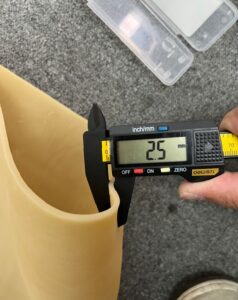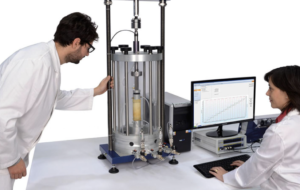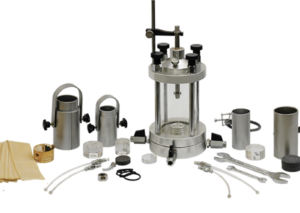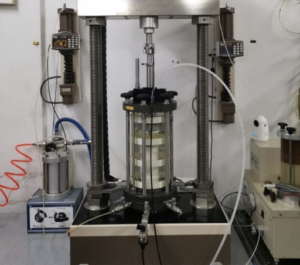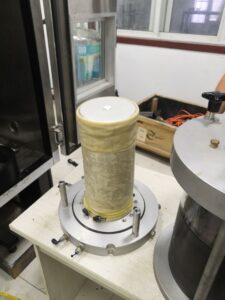How Are Soil Penetrometers Used in Agricultural Land Management?
Soil penetrometers1 are essential instruments in modern agriculture, providing critical insights into soil compaction2, structure, and overall health. By measuring resistance as they penetrate the soil, these devices help farmers make informed management decisions for optimal crop growth3.
Assessing Soil Compaction in Crop Fields with Penetrometers
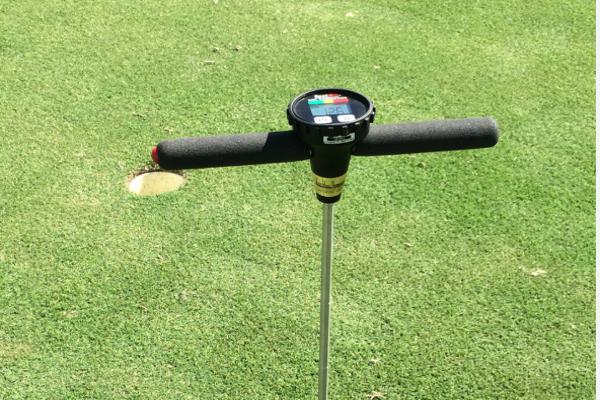
Compacted soil can severely limit root growth, water infiltration, and nutrient uptake. Penetrometers4 effectively measure soil resistance, helping farmers detect and quantify soil compaction5 accurately.
- Identification of compaction layers: Highlights problematic areas in fields.
- Depth-specific analysis: Allows targeted solutions like deep tillage6 or cover cropping.
- Preventive management: Guides machinery operations to reduce further compaction.
Using Penetrometers to Determine Optimal Tillage Depth
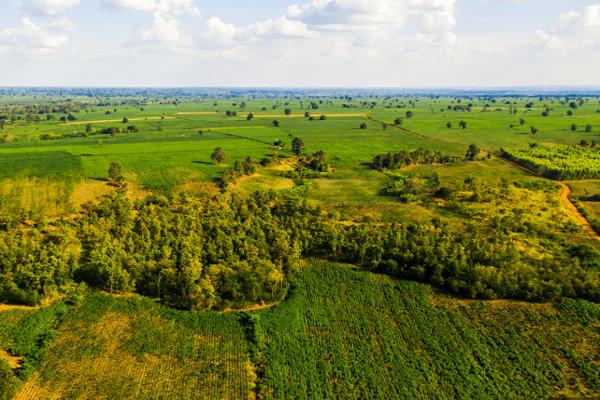
Penetrometer data guides farmers in choosing appropriate tillage depths by pinpointing where compaction occurs.
- Reduced unnecessary soil disturbance: Minimizes fuel use and machinery wear.
- Optimized soil health: Helps maintain beneficial soil structure and microbiology.
- Precision tillage: Targets specific compaction layers, improving overall soil condition.
| Penetration Resistance (psi) | Recommended Tillage Action |
|---|---|
| Less than 150 | Minimal or no tillage required |
| 150 to 300 | Moderate tillage depth recommended |
| Over 300 | Deep tillage to alleviate severe compaction |
Monitoring Soil Structure Changes Over Seasons with Penetrometer Data
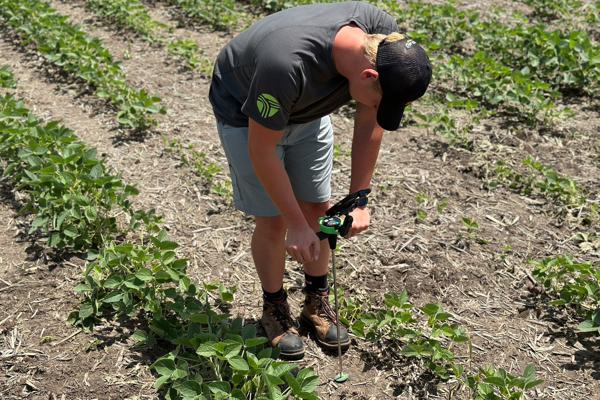
Regular use of penetrometers over multiple seasons provides valuable insights into soil structure dynamics7, reflecting impacts from weather, crop rotation, and farm management practices.
- Data-driven farming decisions: Facilitates adaptation of cultivation practices.
- Tracking soil improvement: Documents effectiveness of remedial actions like cover crops.
- Early detection: Identifies structural issues before crop performance is affected.
Benefits of Penetrometer Readings for Precision Agriculture
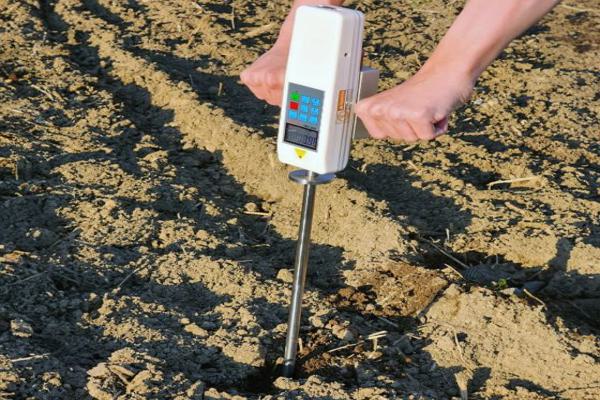
Penetrometers support precision agriculture by providing detailed, localized data critical for fine-tuning farm operations:
- Improved crop yields: Reducing compaction enhances root growth and nutrient absorption.
- Cost savings: Efficiently directing resources, reducing unnecessary tillage, and saving fuel.
- Environmental benefits: Decreasing soil erosion, improving water infiltration, and supporting sustainable farming practices.
| Benefit Area | Impact of Penetrometer Data |
|---|---|
| Crop Health | Enhanced rooting environment, higher yields |
| Resource Efficiency | Optimized tillage, reduced input costs |
| Environmental Impact | Sustainable soil management, less soil erosion |
Conclusion
Soil penetrometers are indispensable for effective agricultural land management. By enabling accurate soil assessments, optimizing tillage practices, and supporting precision agriculture strategies, these instruments help achieve healthier soils, higher yields, and sustainable farm operations.
-
Understanding soil penetrometers can enhance your knowledge of soil health and improve agricultural practices. ↩
-
Learning about soil compaction is crucial for optimizing crop yields and maintaining soil health. ↩
-
Exploring optimal crop growth strategies can lead to better farming outcomes and sustainable practices. ↩
-
Explore how penetrometers can enhance soil management and improve crop yields by accurately measuring soil compaction. ↩
-
Understanding the impact of soil compaction can help in implementing effective strategies for better crop growth and soil health. ↩
-
Learn about deep tillage techniques and their role in alleviating soil compaction for healthier crops. ↩
-
Understanding soil structure dynamics is crucial for improving crop yields and sustainability in farming practices. ↩

